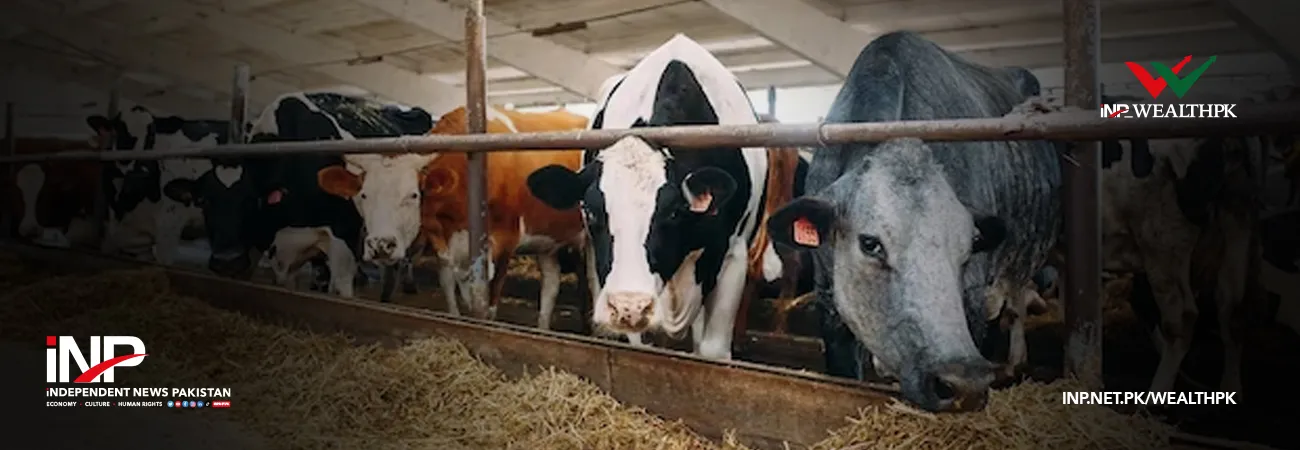INP-WealthPk
Ahmed Khan Malik
The Balochistan government is going to transform the provincial economy by increasing the produce in agriculture, fisheries and livestock sectors, reports WealthPK. To mobilize policy support for driving sectoral development and fostering climate-smart practices in agriculture, livestock and fisheries, the provincial government has joined hands with international institutions. Under the policy, a six-year project has been devised, which aims to promote climate-resilient agriculture, fisheries and livestock farming systems, empower smallholders with knowledge and skills and enable them to build better resilience. According to the Balochistan government officials, international institutions will provide technical assistance to the project, which will employ the farmer field school (FFS) approach. Through FFS, the project seeks to create an inclusive learning environment that fosters knowledge sharing and skill development among the farmers. The project will also provide policy support for creation of enabling conditions in the fisheries sector, which will benefit 100,000 rural households in Gwadar and Lasbela districts as well as train 30,000 farmers.
Talking to WealthPK, Asad Brohi, Director of Policy Implementation Wing of the Sindh Agriculture Department, said the targeted support in sectoral development in agriculture was essential, as it equipped farmers with knowledge, expertise, and innovative solutions for addressing the ever-evolving challenges in the agricultural systems. “When we can increase productivity, promote sustainable practices, and build resilient communities, we can pave the way for a thriving and food-secure future”, he added. Brohi pointed out that the development of agriculture in Balochistan depended critically on sustainable and efficient use of its three critical resources — access to the fishing areas along its coastal belt; rangelands and forest which stretch across much of the drier areas; and good soil and water in some of the upland areas and in the lowlands. Currently, he said, resources in all three areas were overexploited, with the current usage levels well in excess of their long-term sustainable yield rates. At the same time, these resources are mismanaged and underutilized in that the economic and social benefits, in terms of incomes and employment, derived from these scarce resources are much less than they could be.
“Agriculture is a major part of the provincial economy. Balochistan’s agricultural economy is divided into cropping, cash crops, fruits, fisheries and livestock. A major portion of the province’s GDP comes from the livestock sector. Since there is low rainfall in the province, its population has no other massive agriculture activity than to involve in the livestock rearing business. “Additionally, low rainfall does not allow keeping large ruminants for commercial basis. Ultimately, small ruminants are reared in most parts of Balochistan. Livestock is the largest source of income in the agricultural economy,” he said. People mostly keep sheep and goats, but they also have donkeys, camels and poultry, etc. The livestock sector has the potential to support the livelihood of the rural population. Women, in particular, are actively engaged in processing milk, clearing the abodes, preparing fodder and looking after diseases through traditional healing.
Credit: INP-WealthPk




